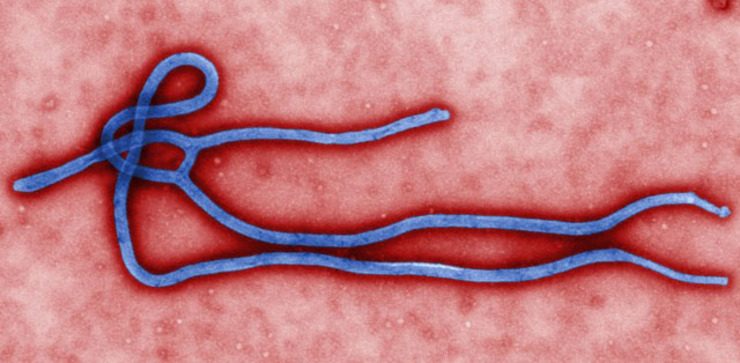SUMMARY
This is AI generated summarization, which may have errors. For context, always refer to the full article.

TOKYO, Japan – A Japanese research team said Thursday, April 9, it had developed a field test for Ebola that gives results in just over 11 minutes – down from the 90-minute test used now.
The breakthrough by Nagasaki University’s Institute of Tropical Medicine will allow medics to move much more quickly in treating people with the hemorrhagic fever, Professor Jiro Yasuda told Agence France-Presse.
“The result time was unexpectedly short,” said Yasuda of the trial conducted in Guinea last month on 100 samples, of which 47 proved positive.
The Guinean government has now asked the institute and its collaboration partner Toshiba to supply equipment to roll out the test, he added.
The test hinges on what the researchers have called a “primer”, a substance that amplifies only those genes specific to the Ebola virus found in a blood sample or other bodily fluid.
Using existing techniques, ribonucleic acid (RNA) – biological molecules used in the coding of genes – is extracted from any viruses present in a sample.
This is then used to synthezise the viral DNA, which can be mixed with the primer and then heated to 60-65ºC (140-149ºF).
If Ebola is present, DNA specific to the virus is amplified by the action of the primers. The by-products from the process cause the liquid to become cloudy, providing visual confirmation, Yasuda said.
Currently, a method called polymerase chain reaction, or PCR, is used to detect the Ebola virus. This requires doctors to heat and cool samples repeatedly and takes at least 90 minutes, sometimes up to two hours.
The Ebola virus, transmitted through contact with infected bodily fluids, has killed more than 10,000 people in western Africa since it re-emerged in December 2013. – Rappler.com
Add a comment
How does this make you feel?
There are no comments yet. Add your comment to start the conversation.